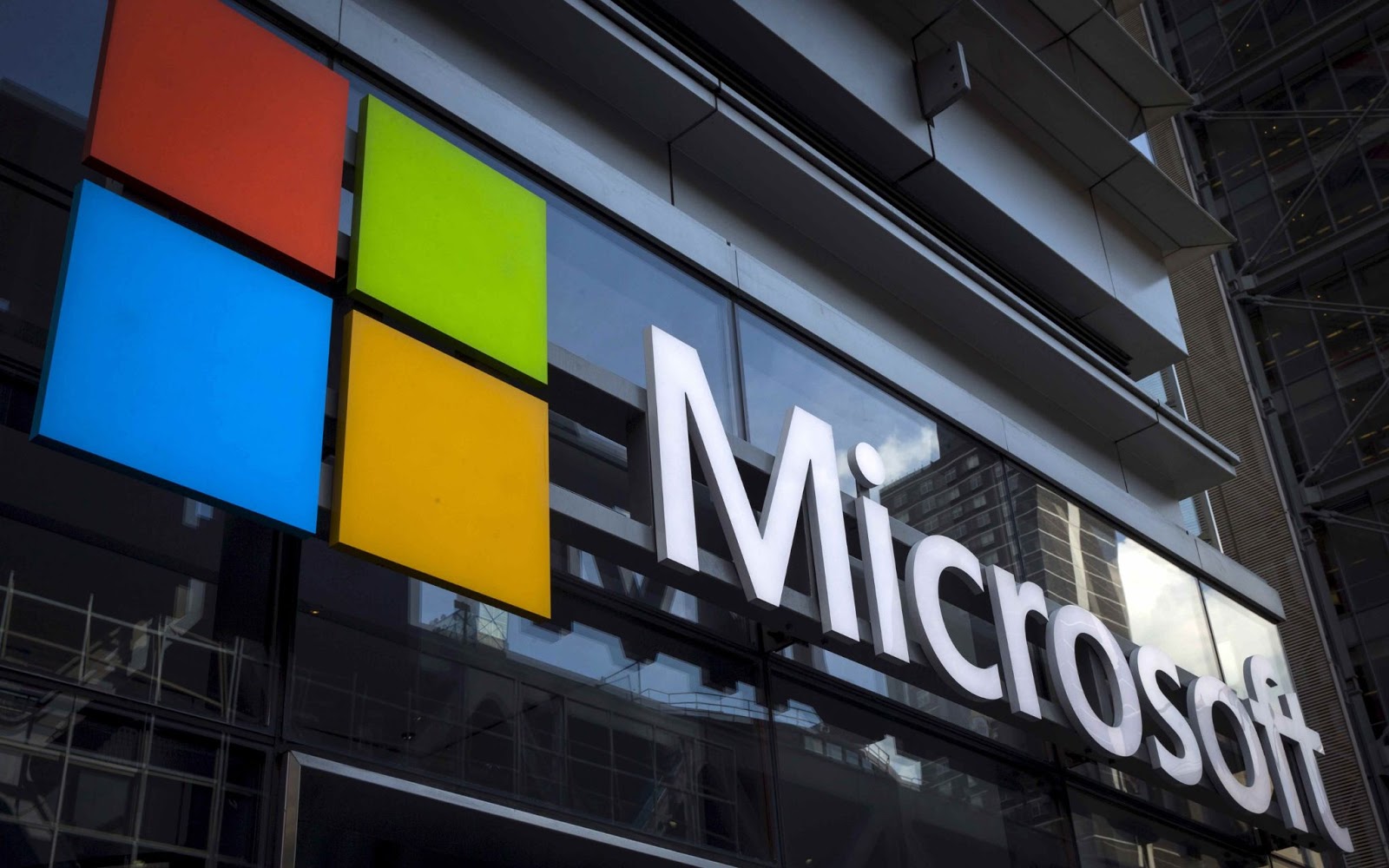Microsoft Security Copilot Reveals New Vulnerabilities in Open-Source Bootloaders

Microsoft Security Copilot Uncovers Vulnerabilities in Open-Source Bootloaders
Overview of the Findings
Microsoft’s Security Copilot, an advanced AI tool engineered for security analysis, recently unveiled multiple vulnerabilities in widely utilized open-source bootloaders, including GRUB2, U-Boot, and Barebox. These vulnerabilities, if successfully exploited, could enable hackers to execute unauthorized code and potentially bypass critical security functions such as Secure Boot.
Details on Vulnerabilities
The findings were published in a Microsoft blog that discusses the effects of vulnerabilities found specifically in the filesystem parsing features of the mentioned bootloaders. Bootloaders play a crucial role in starting up operating systems and serve as a bridge between firmware and the operating system.
Risks of Shared Code in Open-Source Projects
The vulnerabilities identified in these widely used bootloaders are particularly concerning because they highlight risks associated with the shared code in open-source software. Many of these projects may rely on similar underlying code, making multiple systems vulnerable to similar attacks.
Methodology Used for Discovery
To expedite the discovery of vulnerabilities, Microsoft Security researchers utilized the capabilities of Security Copilot. Their focus centered on filesystem functionalities, which are known to exhibit high vulnerability risks. This strategic approach helped in identifying potential security issues quicker than traditional methods.
One significant find was an integer overflow vulnerability in GRUB2, which was confirmed through subsequent manual examination. The tool effectively recognized common patterns across various bootloaders and files, enhancing the thoroughness of the analysis. According to the Microsoft blog, this method also resulted in saving approximately a week’s time typically required for extensive manual reviews.
Implications of the Vulnerabilities
If the vulnerabilities in GRUB2 are exploited, attackers may find ways to circumvent Secure Boot. This security measure is essential for ensuring that only verified and trusted software is loaded during device startup. A successful breach could lead to the installation of malicious software known as bootkits, which grant hackers unauthorized control over the affected device.
Conversely, taking advantage of vulnerabilities in U-Boot and Barebox might necessitate physical access to the devices. However, this does not diminish the importance of ongoing security assessments for open-source software, as these vulnerabilities underscore potential risks in multiple environments.
Response and Mitigation
Following the identification of these vulnerabilities, Microsoft promptly informed the necessary maintainers of the affected bootloaders. Subsequently, patches were issued to resolve the identified security flaws. This incident illustrates the effective role that AI-powered tools can play in enhancing cybersecurity research and improving the overall security landscape.
Advancements in AI Technology
Moreover, Microsoft has taken steps to further improve its Security Copilot agents, declaring that they will evolve and become more intelligent over time. This continuous advancement underscores the growing importance of AI within cybersecurity, as organizations increasingly look for innovative solutions to combat evolving threats.
Final Thoughts
The discovery and reporting of these vulnerabilities highlight the critical need for ongoing vigilance in the security of bootloader software. As open-source software continues to grow in popularity, the role of AI in vulnerability assessment and mitigation becomes more significant, helping organizations better protect themselves against potential cyber threats.






